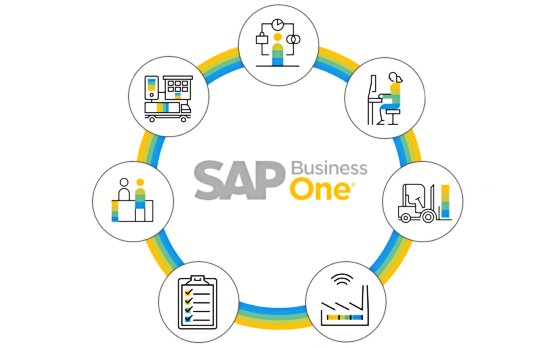
Local news has been battered over the past two decades. The rise of the internet shredded some of the long-held monopolies of newspapers and local TV stations on news and classified ads, while social networks like Facebook, Nextdoor, and Citizen have increasingly pulled in reader attention for neighborhood updates. Newspapers have closed, journalists have been decimated, and there are increasing numbers of “news deserts” with no coverage whatsoever.
At the same time, there is a creator revolution underway right now in online media. Audience development, community, and subscription are coming together in fresh ways that seem particularly opportune for local journalism today. Will these new sets of tools finally allow for the rebuilding of local journalism after the last era of hollowing out?
Overstory Media Group (which goes by the expressive OMG) believes precisely that the software tools and business models have been honed to dramatically change the equation for local news. Co-founded and led by Farhan Mohamed, who was formerly editor-in-chief of Vancouver-focused news site Daily Hive, the company operates 10 local news brands and has hired 30 full-time employees as it creates a sustainable and dare I say profitable approach to local media.
“I had my own email newsletter when I was a kid,” Mohamed recounts. I “saw a gap: no one is telling me what is happening around me.” To get a sense of the bootstrapped nature of the operation, he sent the newsletter through Hotmail, and he eventually migrated into the modern world of local journalism. What he found was distressing. The “user experience is terrible, stories are terrible… I don’t know how normal people do this,” he said.
He saw an opportunity in starting over with the basics of what local news means for its own community. “I come from a background of community building, rather than just the news and journalism,” he said. He felt that there was a model of using modern internet technologies to allow readers to be stakeholders in these news operations.
He ultimately linked up with Andrew Wilkinson, who runs Tiny Capital, a fund that buys tiny internet businesses and scales them up while allowing their original founders to exit. He had created a newsletter-driven publication called Capital Daily to cover the developments in Victoria, British Columbia. Very quickly, the publication started getting tens of thousands of subscribers, all for a region with just a few hundred thousand people in it.
Mohamed and Wilkinson came together to found OMG and start to scale the Capital Daily model to more publications. They built out a tech stack centered on Pico, which just closed a new $6.5 million seed round last month, and also designed growth and brand playbooks for switching on new brands.
The goal with each new brand is to get to breakeven as quickly as possible. “We have our models and projections on how long it takes to get a brand sustainable, and with each brand, we are refining that model,” Mohamed said. “Maybe it’s not 12 months to sustainability, but 10 months or even 9 months.” His goal is ambitious: he wants to get to 50 brands and 250 journalists by 2023, and “I also think we could get to 100 brands.”
While the company has what I would dub playbooks, it understands that not every brand is going to be identical. It has a basic structure for how each brand should be built and what cadence new stories need to be delivered, but it is also flexible in responding to the unique needs of each new audience it brings to the table.
For journalists, the company’s pitch is centered on stability and focus on growth. “You have editorial control, you just do what you need to,” he said. “We can help you… we know what is going to work” when it comes to building out community and growth marketing. Perhaps most valuable for journalists is the community of other reporters who are walking the same path and are confronting similar challenges as they expand their communities and subscriber bases.
While the company has been exclusively focused on Canadian brands so far, covering cities as diverse as Vancouver, Victoria, Fraser and Calgary, it also sees opportunities to export its model outside the great white north. “We’ve had conversations with people in the States, in Southeast Asia, in Europe,” Mohamed says.
Obviously at this point, a certain cynicism can enter into any analysis of local news, what with decades of misfires and overly-optimistic dreams of success amidst the rubble of legacy publishing empires. But OMG has a bit of that pop that says, this time, it might just be different.






